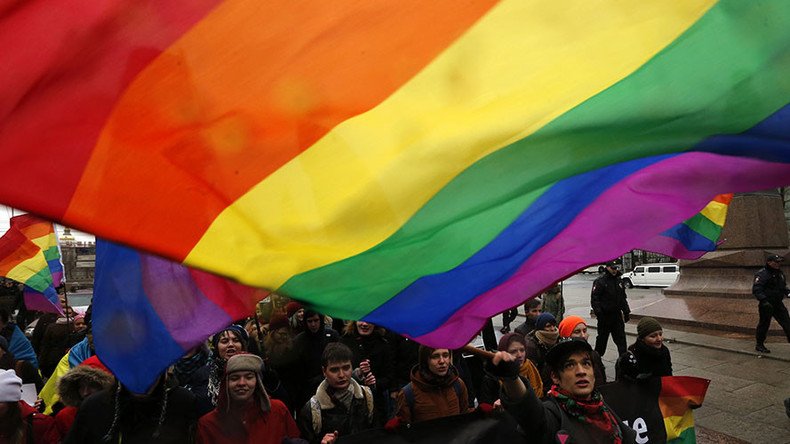Siberian court orders company to compensate gay woman for job rejection

A district court in the Russian city of Novosibirsk has ruled that a private company’s refusal to hire a gay woman as a sales manager was unlawful and ordered that 1,000 rubles (US$15) compensation be paid in moral damages.
The Russian LGBT Network NGO reported that the Zheleznodorozhny District Court of Novosibirsk had satisfied the lawsuit filed by Anna Balash against the Sib-Alliance wood trading company.
Balash claimed that she had twice applied for a sales manager position in the company, which specializes in wood products, but both times had been rejected because of her sexual orientation.
The head of the company specified that this was the reason in the second letter of refusal, saying that the firm wanted the candidate to directly communicate with customers, and that as most of them adhered to “traditional family values,” a gay representative could have a negative influence on the company’s image and even profits.
READ MORE: Russian police chase away anti-gay crusader from Labor Day pride march
The court recognized the company’s decision as illegal and ordered Sib-Alliance to sign a contract with Balash and also to pay her 1,000 rubles (about $15) in compensation for moral damages.
Balash’s defense lawyer said in press comments that the number of similar cases in Russia was relatively small, but it was important set a precedent for further court practices. She also said the defense team expected the company to file an appeal against the court decision, but added they were ready to take the process to the highest levels.
In June 2013, Russia introduced a law ordering punishment for propagating homosexuality and other “non-traditional sexual relations” among minors, dubbed by the mass media as a “gay propaganda ban.”
Critics of the law have blasted that line of reasoning, saying young people will not become gay by hearing about homosexuality. They further argue the law does not specify which activities constitute “propaganda of non-traditional sexual relations,” leaving the loose legal interpretation open to abuse.
The law’s sponsors emphasized that it was not about punishing people for being homosexual, but rather intends to keep young people from being dragged into same-sex relationships.
READ MORE: Moscow court upholds 100-year ban on gay pride events
Public opinion polls conducted in 2013 showed that around 85 percent of adult Russians were strongly against legalizing same-sex marriage and 87 percent said they opposed the idea of holding regular gay pride events in their cities. Only about 5 percent of people supported same-sex marriage.












